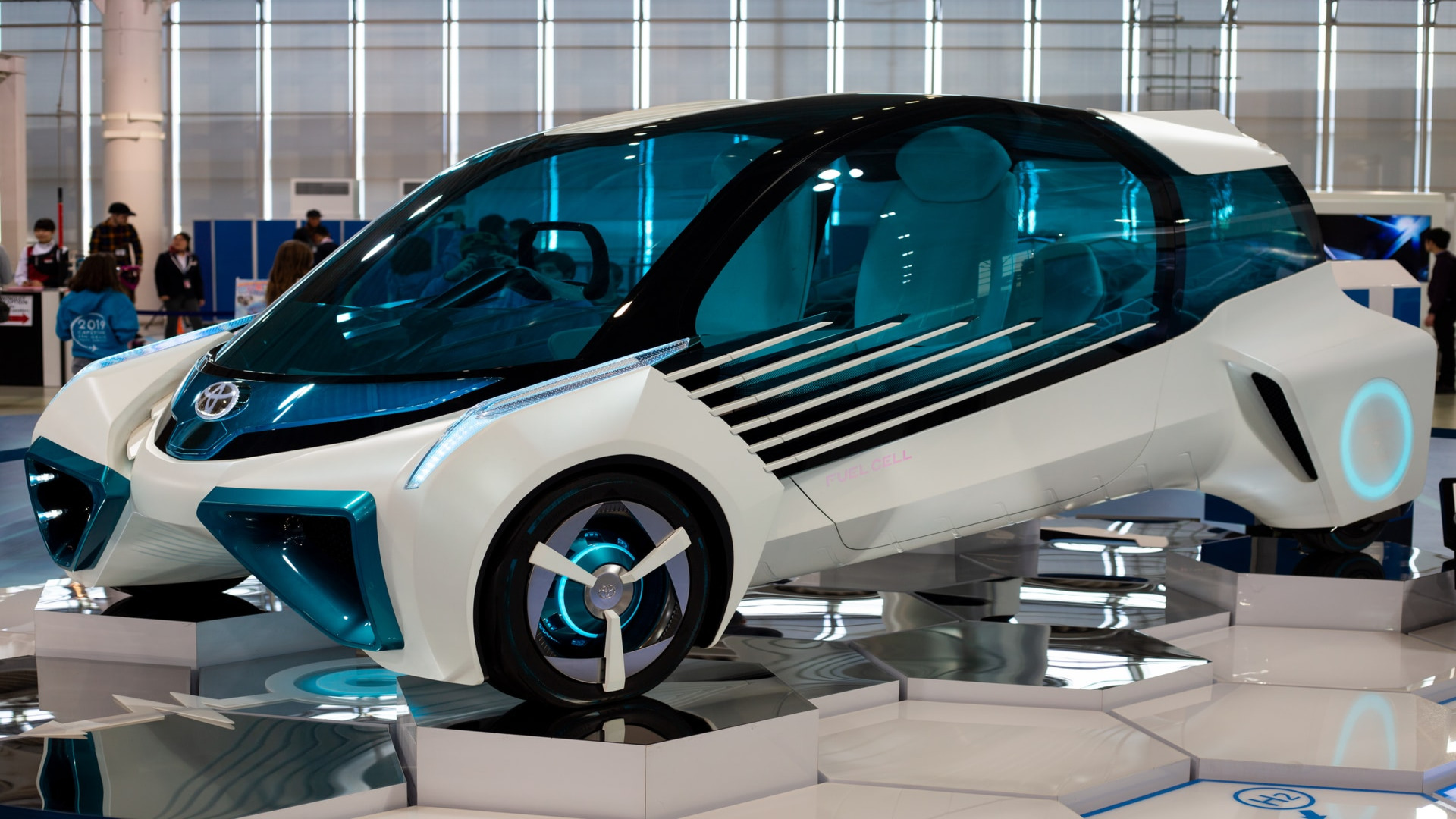Revolutionizing Long-Haul Transportation: US Breakthrough in Hydrogen Fuel Cell Technology
Key Ideas
- A research team in the US, led by Yu Huang from UCLA, has developed a new fuel catalyst that can extend the lifespan of hydrogen fuel batteries to over 200,000 hours, exceeding DOE's 30,000-hour target.
- The innovative design combines pure platinum with a graphene-protective layer and a porous carbon support, ensuring durability and performance for heavy-duty proton exchange membrane fuel cell systems.
- The breakthrough technology promises sustainable long-haul tracking, offering a lighter alternative to batteries with faster refueling times, potentially revolutionizing the transportation sector.
- The catalyst's exceptional performance in stress tests, showing less than 1.1 percent power loss after 90,000 cycles, opens the door for cleaner, more efficient long-haul trucking and reduced emissions in the future.
In Los Angeles, a team of scientists has reached a significant milestone in clean energy research by developing a new fuel catalyst that could revolutionize long-haul transportation powered by hydrogen fuel cells. Led by Professor Yu Huang from UCLA, the research team unveiled a groundbreaking catalyst design that combines pure platinum with a graphene-protective layer and a porous carbon support, capable of powering fuel cells for over 200,000 hours, far exceeding the U.S. Department of Energy's target. The advancement addresses the durability challenges in heavy-duty proton exchange membrane fuel cell systems, offering a sustainable solution for reducing greenhouse gas emissions from medium- and heavy-duty trucks.
The fuel catalyst's design shields the platinum from degradation, ensuring long-lasting performance even under harsh operating conditions typical of heavy-duty vehicles. With the potential to match the performance of conventional batteries while being significantly lighter, the new technology opens up possibilities for cleaner, more efficient long-haul trucking. The remarkable results from stress tests, where the catalyst showed minimal power loss after 90,000 cycles, highlight the promising future of hydrogen fuel cells in transportation.
This breakthrough not only paves the way for cleaner trucking but also hints at a future where hydrogen infrastructure may be more cost-effective than electric vehicle charging networks. By significantly reducing emissions from the transportation sector, this innovation could accelerate the transition towards sustainable and efficient long-haul transportation. With the study published in Nature Nanotechnology, the research team's achievement marks a significant step towards a greener future in transportation.
